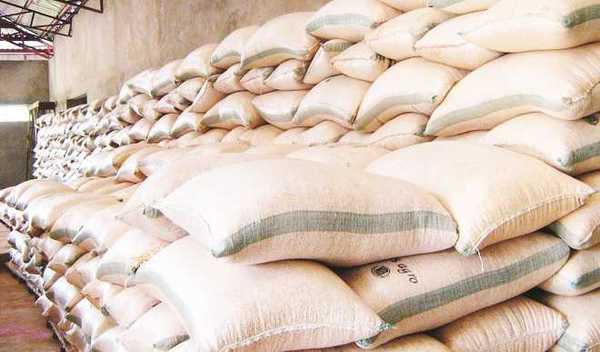Choosing fertilizer for your fruits or vegetables farm
Soil sampling According to experts, soil sampling is a basis for fertilizer application. Soil pH, salt content, zinc and phosphorus can be found in soil samples and potassium values can be taken when the soil is frozen. Soil tests Soil tests are an important aspect for crop production. Experts recommend obtaining a soil test […]


Soil sampling
According to experts, soil sampling is a basis for fertilizer application. Soil pH, salt content, zinc and phosphorus can be found in soil samples and potassium values can be taken when the soil is frozen.
Soil tests
Soil tests are an important aspect for crop production. Experts recommend obtaining a soil test to understand the nutrient content of the fertilizer before application. For organic production, it’s acceptable for fertilizers to have a low nutrient analysis and they can be applied in larger quantities to obtain the same nutrient value.
Add compost and manure
Manure and compost can do wonders for your crops. While compost can be a substitute for manure, it has lower levels of nitrogen, phosphorus and potassium, according to extension.org. However, manure that is aged at least six months will help get rid of most human pathogens and will provide many nutrients and organic matter. Colorado State University Extension recommends adding compost only after receiving soil test results.
Measure out fertilizer
Measuring out fertilizer is crucial to ensure there won’t be any problems. If there is too much of nitrogen, for example, then the plants may not have fruit and be all vines. Consult an extension agent to know the exact quantity giving your soil test result.
(Recommended by Growing Produce for Profit and compiled by Vincent A. Yusuf)
